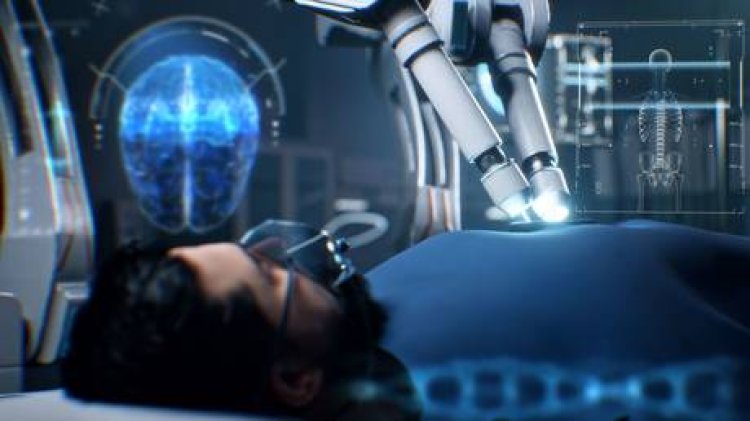Musk predicts robots to surpass human surgeons within five years
Elon Musk has predicted that robots will soon overtake human surgeons, becoming capable of performing surgeries deemed impossible for ordinary individuals. In a Saturday post on X, the billionaire tech entrepreneur suggested that within a “few...

In a Saturday post on X, the billionaire tech entrepreneur suggested that within a “few years,” robots will outpace “good human surgeons” and fully surpass top doctors within about five years.
He highlighted that his biotech company, Neuralink, has already depended on robotic surgeons for the intricate task of inserting brain-computer electrodes for brain chips, noting that the required speed and precision is “impossible for a human to achieve.”
Musk's remarks were in response to a post by popular X influencer Mario Nawfal, who referenced an article discussing the growing success of robot surgeons, including the Medtronic ‘Hugo.’ The robot is reported to have been involved in 137 real surgeries, performing procedures such as repairs on prostates, kidneys, and bladders.
“The results were better than doctors expected,” Nawfal mentioned, pointing out that the complication rates were 3.7% for prostate surgeries, 1.9% for kidney operations, and 17.9% for bladder procedures.
“The robots got a 98.5% success rate, way above the 85% goal,” the post asserted, adding that out of the 137 surgeries, only two required intervention from real doctors due to a glitch and a “tricky patient case.”
Previously, Musk has suggested that brain-computer interfaces, like those being developed by Neuralink, could eventually replace technologies such as cell phones.
Neuralink has successfully implanted its brain chip—about the size of a coin—in three patients, allowing them to control a computer cursor and play video games like chess and Counter-Strike using only their thoughts. One patient, who is non-verbal, was able to communicate using an AI-generated voice clone through the device.
Musk has since announced plans to expand Neuralink’s clinical trials, aiming to implant the brain chip in 20 to 30 additional patients in 2025.
Anna Muller for TROIB News
Discover more Science and Technology news updates in TROIB Sci-Tech












